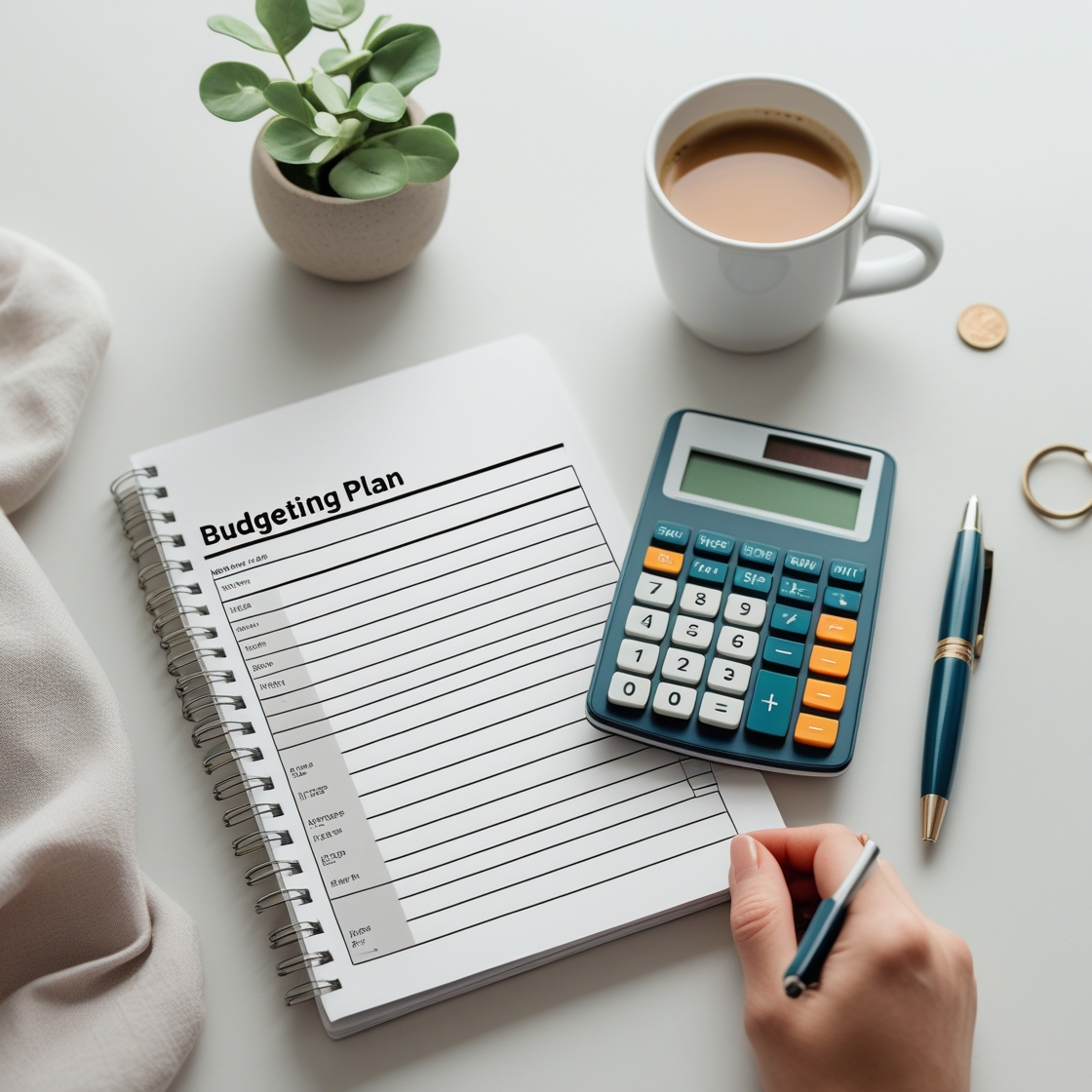Creating an efficient personal budget is one of the most important steps in achieving financial stability. A budget helps you manage your money effectively, ensuring that you can meet your financial goals while avoiding unnecessary debt. If you’re new to budgeting or struggling to stick to a plan, don’t worry. This guide will walk you through the steps to create an efficient budget and avoid falling into debt.
1. Understand Your Income and Expenses
The first step in creating a budget is understanding how much money you have coming in and how much you’re spending. Without a clear picture of your income and expenses, it’s impossible to plan your finances effectively.
How to do it:
- Track your income: List all sources of income, such as your salary, freelance work, or other earnings.
- List your expenses: Break down your expenses into two categories: fixed (rent, utilities, insurance) and variable (groceries, entertainment, transportation).
By tracking both your income and expenses, you’ll be able to identify areas where you might be overspending or areas where you can cut back.
2. Set Clear Financial Goals
Setting clear financial goals is key to sticking to your budget. Whether you want to pay off debt, save for an emergency fund, or plan for a vacation, having specific goals will help you stay motivated and focused.
How to do it:
- Short-term goals: These are goals you want to achieve within the next 6 to 12 months, such as paying off a credit card or saving for a new gadget.
- Long-term goals: These are goals for the future, such as saving for a home, your children’s education, or retirement.
Break your goals down into manageable steps, and prioritize them according to what is most important for your current situation.
3. Create a Spending Plan
Now that you know how much you earn and what your financial goals are, it’s time to create a spending plan. A spending plan ensures that your income is being allocated efficiently to cover your needs, your savings, and any debt repayment.
How to do it:
- The 50/30/20 Rule: This is a simple method where you allocate:
- 50% of your income to needs (housing, utilities, food)
- 30% to wants (entertainment, dining out, hobbies)
- 20% to savings and debt repayment (emergency fund, retirement savings, paying off debt)
- Adjust as needed: You can modify this plan based on your financial situation. For example, if you’re trying to pay off debt, you may want to allocate more money to debt repayment.
By following a clear spending plan, you can avoid overspending and ensure that your financial goals are prioritized.
4. Cut Unnecessary Expenses
One of the best ways to improve your budget is to reduce unnecessary expenses. Cutting back on things that aren’t essential allows you to allocate more money to your savings, debt repayment, or long-term goals.
How to do it:
- Identify non-essential spending: Review your discretionary spending, such as dining out, entertainment, subscriptions, and impulse purchases.
- Find alternatives: Opt for cheaper alternatives, like cooking at home instead of eating out, or canceling unused subscriptions.
Small changes in your spending habits can lead to big savings over time, helping you stay on track with your budget.
5. Build an Emergency Fund
An emergency fund is essential for financial security. Having money set aside for unexpected events, such as a car repair or medical emergency, prevents you from going into debt when things go wrong.
How to do it:
- Start small: Aim to save at least $500 to $1,000 for emergencies. Once that’s in place, gradually increase it until you have three to six months’ worth of living expenses saved.
- Automate your savings: Set up automatic transfers to your emergency fund each month to ensure you’re consistently saving.
Having an emergency fund gives you peace of mind and keeps you from relying on credit cards or loans when unexpected expenses arise.
6. Review and Adjust Your Budget Regularly
A budget isn’t something you create once and forget about. Your financial situation will change over time, and your budget needs to evolve as well.
How to do it:
- Track your progress: Review your spending and savings every month to see if you’re sticking to your budget.
- Make adjustments: If you find that you’re consistently overspending in one area, adjust your budget to reflect that. For example, if you’re spending more on entertainment than you planned, find ways to reduce it.
Regularly reviewing and adjusting your budget will help you stay on top of your finances and avoid falling into debt.
Conclusion
Creating an efficient personal budget is one of the most powerful tools for managing your finances and avoiding debt. By understanding your income and expenses, setting clear goals, and sticking to a spending plan, you’ll be well on your way to financial success. Remember, budgeting is not about restricting yourself; it’s about taking control of your finances and making your money work for you.
